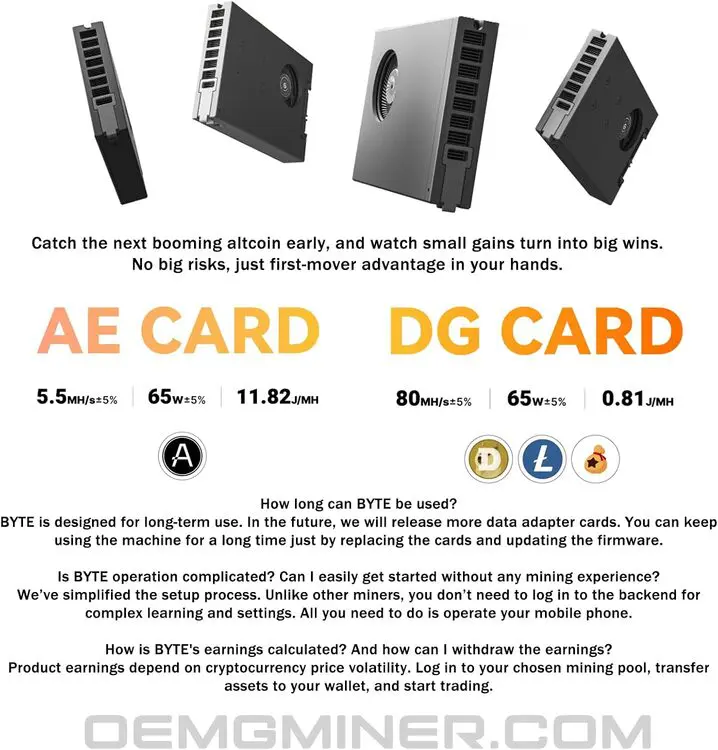Aleo vs Ethereum
Aleo vs Ethereum: The world of blockchain is changing rapidly, and two names are coming to the forefront of a crucial debate: Aleo vs Ethereum.
As privacy becomes one of the most pressing issues in decentralized ecosystems, these two platforms are taking radically different approaches to meet the demand.
Ethereum is the established giant—widely adopted, deeply integrated, and battle-tested. But Aleo?
It’s the new kid on the block, designed from the ground up to deliver private smart contracts using zero-knowledge proofs.
As we move deeper into a world concerned with digital sovereignty, financial confidentiality, and regulatory compliance, the question becomes increasingly urgent: Aleo vs Ethereum—who leads the privacy revolution?
In this article, we’ll break down the technologies, philosophies, and future potential of both platforms.
Get ready for a deep dive into the architecture, privacy models, developer ecosystems, and mining realities that could shape the next generation of blockchain.

Aleo: Born for Privacy
What Is Aleo?
Aleo is a next-generation Layer-1 blockchain platform that aims to enable completely private smart contracts by leveraging zero-knowledge cryptography.
Unlike privacy add-ons or rollups built on existing chains, Aleo has been built from scratch with privacy-first architecture.
Key Features
• Zero-Knowledge Proofs (ZKPs) baked into the protocol.
• Uses zk-SNARKs to enable verifiable computation without revealing data.
• Employs a new consensus algorithm called Proof-of-Succinct Work (PoSW).
• Developer-friendly with its own programming language: Leo.
What Makes Aleo Stand Out?
• Privacy by Default: All transactions and smart contracts are encrypted.
• Scalability: ZK technology offers compression benefits, enabling scalability without compromising security.
• Programmability: With Leo, developers can create complex applications with built-in privacy features.
“Aleo doesn’t just bolt on privacy—it reimagines the blockchain around it.”

Ethereum: The Pioneer Under Transformation
What Is Ethereum?
Ethereum is the world’s second-largest blockchain by market cap and the go-to platform for smart contracts.
Since its 2015 launch, it has become the backbone of DeFi, NFTs, and DAOs.
However, Ethereum’s native architecture wasn’t designed for privacy.
While upgrades like The Merge and rollups are addressing scalability and gas fees, privacy remains a challenge.
Key Features
• Large and active developer ecosystem.
• Transitioned from Proof-of-Work to Proof-of-Stake (PoS).
• Supports thousands of decentralized apps (dApps).
• Integrates Layer-2 solutions for scaling and privacy (e.g., zkSync, Aztec).
Ethereum’s Privacy Roadblocks
• Transparent by Default: Every transaction is visible on-chain.
• Layer-2 Dependence: Privacy often relies on third-party protocols.
• Regulatory Headwinds: Public nature of transactions may raise compliance concerns.
“Ethereum is innovating fast—but is it innovating private?”

Aleo vs Ethereum: Privacy by Design or Patchwork?
1. Privacy Architecture
• Aleo: Privacy is embedded at the protocol level using zk-SNARKs.
• Ethereum: Relies on external tools like Tornado Cash or privacy-focused rollups.
2. Smart Contract Execution
• Aleo: Smart contracts execute off-chain and submit ZK proofs to validate.
• Ethereum: Smart contracts run on-chain, exposing data unless obscured.
3. User Experience
• Aleo: Seamless privacy—users don’t need to take extra steps.
• Ethereum: Users must opt-in and rely on third-party tooling for privacy.
Verdict
When it comes to privacy-first design, Aleo clearly leads. Ethereum’s approach is powerful but fragmented.

Developer Ecosystem: Leo vs Solidity
Building on Aleo
• Uses Leo, a purpose-built programming language for private applications.
• Developer documentation is growing but still maturing.
• Tooling is early-stage but promises composability with privacy.
Building on Ethereum
• Uses Solidity, the most widely adopted smart contract language.
• Rich ecosystem: Hardhat, Truffle, Remix.
• Robust DeFi libraries and templates.
Verdict
In terms of maturity and resources, Ethereum dominates.
However, developers focused on building privacy-native dApps may find Leo’s architecture more aligned with their goals.

Consensus Mechanism: Proof of Stake vs Proof of Succinct Work
Ethereum’s Proof of Stake (PoS)
• Lower energy consumption post-Merge.
• Validators replace miners.
• Centralization concerns due to major staking pools.
Aleo’s Proof of Succinct Work (PoSW)
• Combines mining with the generation of zero-knowledge proofs.
• Encourages decentralized participation.
• Mining is still viable, appealing to GPU and ASIC communities.
Verdict
If you’re a miner or focused on hardware-based rewards, Aleo offers new opportunities.
Ethereum, post-Merge, has left traditional mining behind.
Ecosystem Growth & Adoption
Ethereum
• Massive adoption: DeFi, NFTs, DAOs, gaming.
• Institutional integration and regulatory attention.
• Constant upgrades: Shanghai, Cancun, and beyond.
Aleo
• Early-stage but high interest from developers and institutions.
• Raised over $200M from a16z, SoftBank, and others.
• Still in testnet phase (as of writing), but mainnet expected soon.
Verdict
Ethereum wins on adoption—but Aleo’s growth trajectory is one to watch.
Real-World Use Cases
Ethereum
• Lending platforms (Aave, Compound)
• NFT marketplaces (OpenSea, Blur)
• DAOs and governance protocols (Aragon, Snapshot)
Aleo
• Private identity management
• Encrypted DeFi applications
• Anonymous voting and governance
Verdict
Ethereum has broader use cases now, but Aleo is creating room for entirely new classes of private applications that Ethereum simply can’t support in its current form.
Frequently Asked Questions (FAQ)
Is Aleo better than Ethereum?
Not necessarily—it depends on what you’re building. If privacy is your top priority, Aleo may be a better fit.
Can Aleo and Ethereum coexist?
Yes. They serve different purposes. Ethereum is versatile and battle-tested. Aleo is focused and specialized in privacy.
Will Aleo replace Ethereum?
Unlikely. Ethereum has deep network effects. But Aleo could dominate niches that require privacy, such as private DeFi, identity, or secure voting.
What’s the biggest risk for Aleo?
Adoption. Without real-world apps and users, even the best tech can fade into obscurity.
Is Ethereum doing anything to improve privacy?
Yes. Ethereum Layer-2s like zkSync and Aztec are bringing privacy features—but they’re external to the core protocol.
Aleo vs Ethereum — A Clash of Philosophies
The Aleo vs Ethereum debate isn’t just technical—it’s philosophical.
Ethereum believes in transparency as a feature, while Aleo argues that privacy is a right.
Ethereum’s momentum and ecosystem size are undeniable.
It’s a cornerstone of Web3. But Aleo is reimagining what’s possible—offering developers and users the chance to build applications where confidentiality is non-negotiable.
As regulators tighten their grip and users demand more control over their data, the blockchain world is heading into a new era.
One where privacy isn’t an afterthought—it’s the foundation.
So, who will lead the privacy revolution?
Time—and adoption—will decide.










